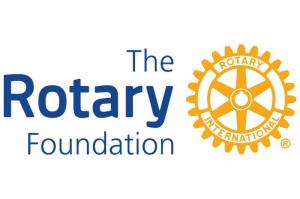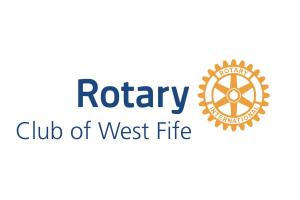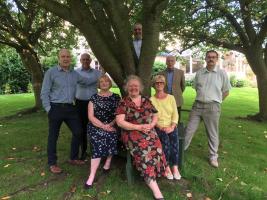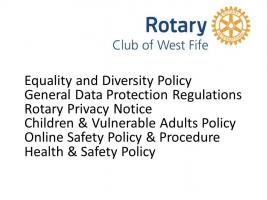South Georgia
Tue, Jun 10th 2025 at 6:30 pm - 8:00 pm
Deirdre Mitchell gave a talk on the remote British Overseas Territory
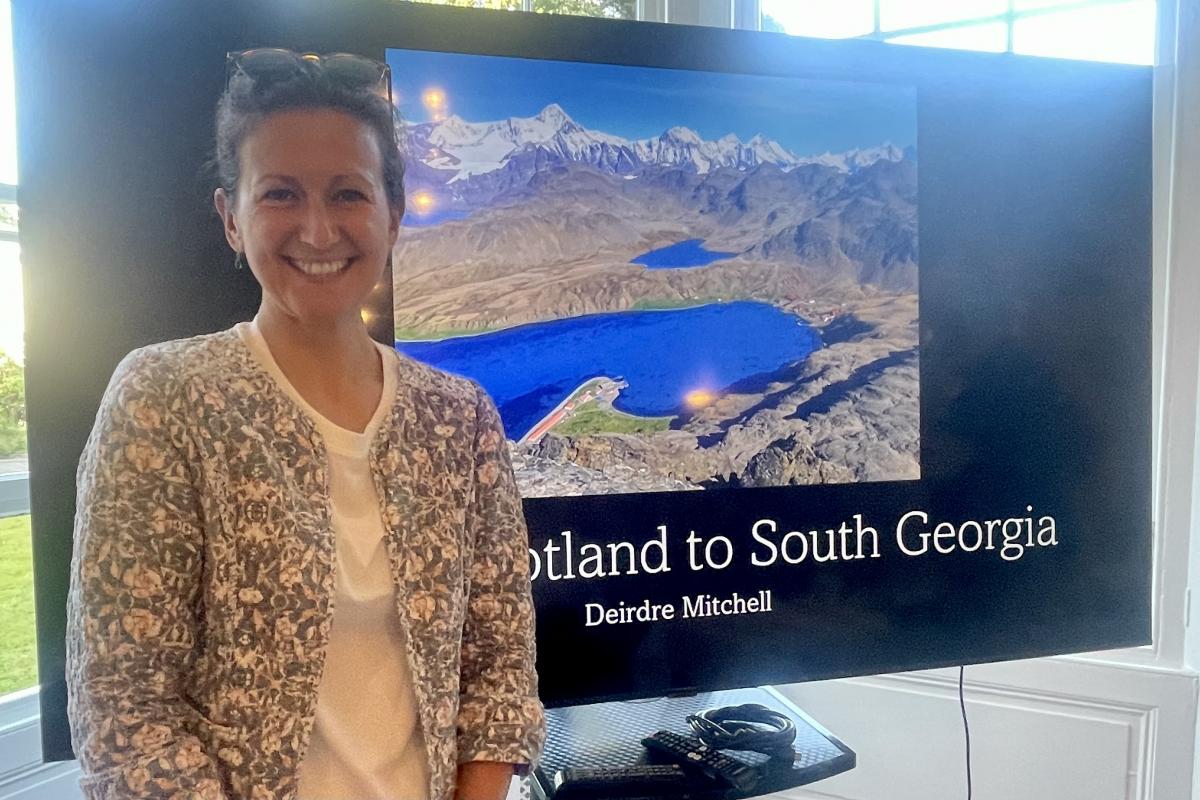
Deirdre Mitchell delivered a fascinating presentation about her unique role managing operations on South Georgia, a remote sub-Antarctic island in the South Atlantic. With 11 years of experience working "Down South," Deirdre provided very special insights into the geography, history, wildlife, and daily life on one of the world's most isolated inhabited locations. Deirdre's presentation illuminated the extraordinary dedication required to preserve and share South Georgia's natural and cultural heritage.
Geographic Overview
South Georgia is located 800 miles east of the Falkland Islands at 54 degrees south latitude. Despite being similar in latitude to Scotland, the island sits on the southern side of the Polar Convergence, where warmer northern waters meet colder southern currents, creating an Antarctic-like environment. The banana-shaped islands stretch 100 miles long and 20 miles wide at their widest point, dominated by glacier-capped mountains with Mount Padgett as the highest peak at 9,000 feet—the tallest in any British overseas territory.
Historical Context
The island's recorded history began in 1775 when Captain James Cook claimed it for Britain, naming it after King George III. Cook was initially disappointed, having hoped to find Antarctica rather than another sub-Antarctic island, leading him to name the southern tip "Cape Disappointment."
The 19th century brought intensive fur seal hunting that nearly drove the species to extinction. A pivotal moment came in 1904 when Norwegian Carl Anton Larsen established the first whaling station, transforming South Georgia into the center of Southern Ocean whaling operations. Seven shore-based stations processed over 150,000 whales by the 1960s, when the industry collapsed due to whale population depletion.
The island gained strategic importance during the 1982 Falklands conflict, where Argentine forces first landed before the main conflict began. Military presence continued until 2001, when the British Antarctic Survey took over the garrison facilities.
Current Governance and Operations
South Georgia operates under unique governance as a British overseas territory with no permanent population. Administration is handled by approximately ten people from the Foreign and Commonwealth Development Office, mostly based in Stanley, Falkland Islands, with two government officers stationed on the island.
Three main organisations currently operate on South Georgia:
South Georgia Government - oversees permits for fishing and tourism
British Antarctic Survey - operates research stations and conducts scientific research
South Georgia Heritage Trust - environmental conservation charity managing the museum and conservation projects
Conservation Success Story
The South Georgia Heritage Trust achieved a remarkable conservation milestone with their rat eradication project. Rats, accidentally introduced by sealing and whaling ships, had devastated the ecosystem by eating eggs of ground-nesting birds. The trust undertook an ambitious multi-year project using helicopters and hand-baiting to eliminate all rodents from the island. In 2018, they successfully declared South Georgia rodent-free, the first project of its kind at such a scale.
Museum Operations and Tourism
Deirdre serves as operations manager for the South Georgia Museum, located in Grytviken, a former whaling station and offers guided tours of the former whaling station, which underwent extensive environmental clean up in the early 2000s to remove asbestos contamination.
Tourism has grown significantly, with the 2023 season recording over 100 cruise ship visits and nearly 16,000 visitors during the six-month operating period from October to March. Ships are typically smaller vessels carrying around 200 passengers or fewer, often as part of 21-day itineraries that include the Falklands, South Georgia, and Antarctica.
Unique services include weddings in the restored 1913 Whalers' Church, a flat-pack structure shipped to the island and maintained in its original condition. The museum also operates a post office and gift shop, maintaining British traditions even in this remote location.
Daily Life and Logistics
Living on South Georgia presents unique challenges and rewards. The summer population reaches 20-30 people across all stations, dropping to just 8-9 during winter months. Deirdre spends six months annually on the island, experiencing "permanent summer" by alternating between South Georgia's summer season and Scotland's warmer months.
Transportation: Access requires a military flight from Brize Norton to the Falklands via Ascension Island, followed by a 4-5 day crossing aboard the "Pharos," a converted lighthouse vessel nicknamed "the Big Red Taxi."
Food Supply: Annual resupply arrives via the RRS Sir David Attenborough in December, supplemented by fresh produce deliveries every 6-8 weeks from the Falklands. Food storage relies heavily on tinned, dried, and frozen items, with powdered milk and carefully rationed chocolate and crisps managed by the station doctor.
Medical Care: One British Antarctic Survey doctor serves the entire island, supported by mandatory first aid training for all residents. Weekly "doc school" sessions teach injection techniques, plaster casting, and search and rescue procedures. Medical evacuation requires a minimum five-day boat journey to the Falklands.
Wildlife Encounters
South Georgia hosts extraordinary wildlife populations that show no fear of humans:
Fur Seals: Nearly extinct in the 19th century, the population has recovered to approximately 4 million individuals - 98% of the world's population. Large males can be aggressive and territorial, requiring staff to carry "bodgers" (wooden sticks) for protection during breeding season.
Elephant Seals: Massive males weighing several tons engage in spectacular battles for beach territory. Male life expectancy is half that of females due to these conflicts.
King Penguins: St. Andrews Bay hosts the world's largest king penguin colony with an estimated 500,000 individuals. These curious birds approach humans without fear.
Gentoo Penguins: A study colony near the museum allows for ongoing scientific monitoring of breeding success and population dynamics.
Weather and Recreation
Contrary to expectations, South Georgia's climate is relatively mild during summer, ranging from 10-15°C, once reaching 25°C. The primary challenge comes from powerful winds from glaciers that can literally knock people off their feet and occasionally strand cruise ship passengers overnight.
Recreation includes an annual half-marathon with 900 metres of elevation gain over unmarked terrain, football matches on a treacherous bog and scree pitch, and a regatta featuring homemade boats. Camping opportunities offer spectacular stargazing experiences next to calving glaciers.
Personal Journey
Deirdre Mitchell's path to South Georgia began with a museum studies degree and a trainee curator position in Scotland. An advertisement for an assistant curator position in 2013 led to what she thought would be a single six-month contract. Her passion for the region grew through subsequent roles with cruise ships, the British Antarctic Survey (including 14 months during the COVID-19 pandemic when she completely avoided the global crisis), and ultimately her current leadership position with the Heritage Trust.
The club's formal Vote of Thanks was given by Morag Carmichael.
'What We Do' Main Pages:

Information and application form. Scroll down to see who has benefited from our grants programme.
more
Primary Schools linked to Rotary Club of West Fife:- Blairhall, Cairneyhill, Carnock, Crossford, Camdean, Culross, Inzievar, Holy Name, Limekilns, Milesmark, St Serfs, Saline, Torryburn, Tulliallan. Secondary Schools:- Queen Anne and Woodmill
moreOiling the West Fife Club's Rotary wheel
more
The club has a varied and interesting sports programme incorporated under the Entertainment Programme. .
morePaul Harris Fellowship Awardees
more

